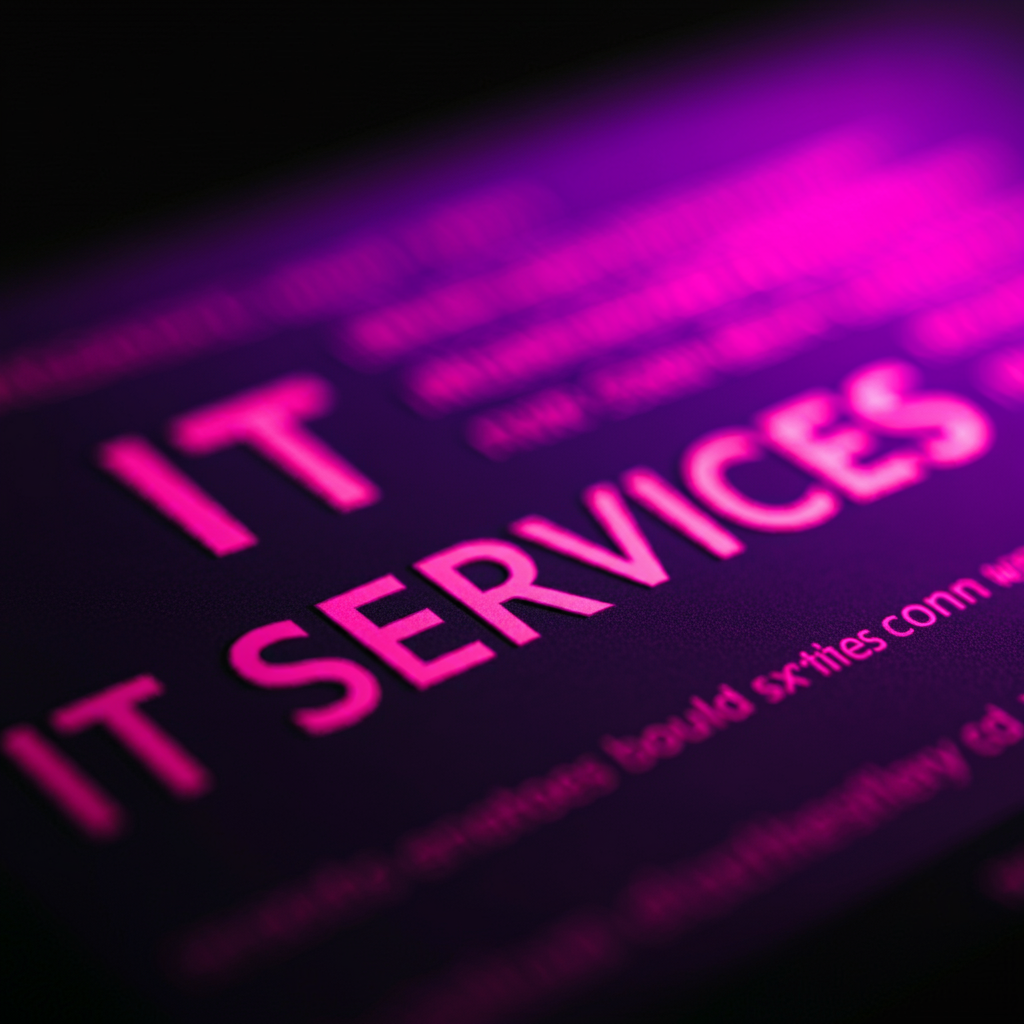Managed IT Services: How Small Businesses Benefit

In today’s technology-driven world, small businesses must navigate a complex digital landscape while staying competitive and cost-efficient. Managed IT services have emerged as a game-changing solution, providing small businesses with access to expert support, robust infrastructure, and scalable technology—without the burden of maintaining an in-house IT team. This article explores the value of managed IT services and how they empower small businesses to thrive.
What Are Managed IT Services?
Managed IT services involve outsourcing IT operations to a third-party provider, known as a Managed Service Provider (MSP). These providers take responsibility for maintaining, monitoring, and optimizing a business’s IT infrastructure, offering services such as:
Network management
Data backup and recovery
Cybersecurity solutions
Cloud computing support
Helpdesk and user support
Managed IT services offer businesses a proactive approach to IT, ensuring systems run smoothly and securely.
Key Benefits of Managed IT Services for Small Businesses
1. Cost Savings and Predictable IT Spending
Small businesses often operate with tight budgets, making cost management critical.
How Managed IT Helps:
Lower Overheads: MSPs eliminate the need for hiring, training, and maintaining an in-house IT team.
Scalable Pricing: Businesses can select service packages that align with their specific needs and budget.
Predictable Costs: MSPs typically offer flat-rate pricing, helping businesses avoid unexpected expenses.
Example: A bakery using managed IT services can ensure its payment systems and customer databases are maintained without hiring a full-time IT specialist.
2. Access to Expertise and Advanced Technology
Small businesses often struggle to keep up with rapidly changing technology.
How Managed IT Helps:
Expert Support: MSPs bring a team of highly skilled IT professionals to address diverse technical challenges.
Cutting-Edge Tools: Businesses gain access to the latest technologies, such as advanced cybersecurity tools and cloud solutions, without large capital investments.
Example: A local law firm can leverage managed IT services for secure document sharing and compliance with legal regulations.
3. Enhanced Cybersecurity
Cyber threats pose a significant risk to businesses of all sizes, but small businesses are particularly vulnerable due to limited resources.
How Managed IT Helps:
Proactive Monitoring: MSPs use advanced tools to detect and mitigate threats in real-time.
Data Protection: Regular backups and disaster recovery plans ensure business continuity in the event of a breach.
Compliance Assistance: MSPs help businesses adhere to industry-specific security standards like GDPR, HIPAA, or PCI DSS.
Example: An e-commerce startup can protect customer data and build trust by outsourcing its cybersecurity needs to a managed IT provider.
4. Improved Efficiency and Productivity
Technology issues can disrupt daily operations, costing businesses time and money.
How Managed IT Helps:
24/7 Support: MSPs provide round-the-clock support to minimize downtime.
Streamlined Operations: Managed IT ensures that hardware, software, and networks function seamlessly.
Focus on Core Business: Business owners and employees can focus on growth rather than troubleshooting IT problems.
Example: A small marketing agency can concentrate on delivering creative campaigns without worrying about IT hiccups.
5. Scalability and Flexibility
As small businesses grow, their IT needs evolve.
How Managed IT Helps:
Scalable Solutions: MSPs offer flexible plans that can adapt to a business’s changing requirements.
Cloud Integration: Managed IT providers facilitate seamless migration to and management of cloud platforms, enabling businesses to scale operations efficiently.
Example: A local retailer expanding into e-commerce can rely on an MSP to set up and manage its online store’s infrastructure.
Managed IT Services in Action: Real-World Success
Case Study 1: A small healthcare clinic partnered with an MSP to manage patient records securely and ensure compliance with HIPAA. The result was improved operational efficiency and patient trust.
Case Study 2: A family-owned restaurant adopted managed IT services to streamline its point-of-sale systems, leading to faster transactions and better customer service.
Choosing the Right Managed IT Provider
When selecting an MSP, consider the following:
Experience: Look for providers with a proven track record in your industry.
Customizable Plans: Ensure the services align with your business needs and budget.
Proactive Support: Choose providers that offer real-time monitoring and rapid response times.
Transparent Pricing: Opt for providers that offer clear, predictable pricing structures.
Conclusion
Managed IT services are a powerful tool for small businesses, providing expert support, robust security, and scalable technology at an affordable cost. By outsourcing IT operations to a trusted MSP, small businesses can focus on what matters most—growing their business and serving their customers.
Ready to empower your business with managed IT services? Start exploring providers today and experience the benefits of reliable, worry-free IT management.



